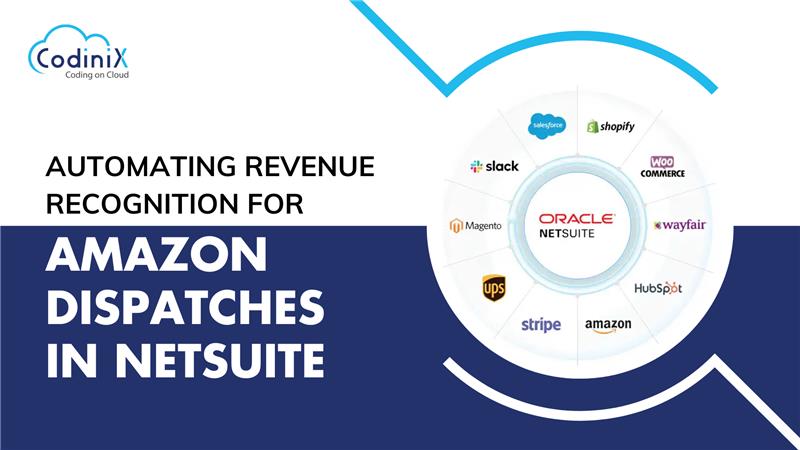Problem Statement:
The client is facing a growing problem of parking congestion, which is causing frustration among tenants and customers. The client is looking for a solution that can provide an efficient and convenient parking experience while maximizing the use of their parking spaces.
Users have reported difficulties finding parking spaces in crowded commercial areas & office buildings, leading to a time-consuming and exasperating experience. Moreover, parking lot owners face challenges managing and optimizing parking spaces in real time.
Current Issues:
The current parking system is not optimized for real-time management of parking spaces, leading to inefficiencies in parking utilization. Additionally, the parking system does not provide any visibility into parking space availability, leading to users spending a significant amount of time looking for parking spaces.
Resolution:
The proposed solution is an intelligent parking system that leverages IoT technologies to optimize real-time parking space utilization. The system includes sensors installed in each parking space, which detect the presence of a vehicle and communicate the availability of the parking space to a central server. The server then uses machine learning algorithms to predict the availability of parking spaces in real-time and provides this information to users through a mobile application or display screens installed in the parking lot.
Client Benefits:
The smart parking system provides the following benefits to the client:
Improved user experience: Users can easily find available parking spaces, which reduces the time spent driving around the parking lot looking for a spot. This leads to a more positive overall experience for the user and can increase customer satisfaction and loyalty.
Increased parking space utilization: The system enables parking lot owners to optimize parking space utilization in real-time, reducing revenue loss due to unused or underutilized parking spaces.
Data insights: The system provides valuable insights into parking space utilization, including usage patterns and peak times. This can help the client make informed decisions about future parking lot management strategies.
Reduced maintenance costs: The system reduces maintenance costs associated with traditional parking systems, such as gate and ticket machines, as it eliminates the need for manual management and upkeep.
The test case includes the following steps:
- Sensor installation in each parking lot
- Sensor detection and data accuracy testing.
- The central server or Gateway Installation and configuration
- Sensor's data verification at Central gateway.
- Data integration to the AWS Cloud.
- Sensor data storage and dashboard creations.
- Providing access to Web and Mobile applications to the Customer.
- Verify that the system provides users with a convenient and efficient parking experience by reducing the time spent looking for parking spaces.
- Verify that the system provides real-time visibility into parking space availability, enabling parking lot owners to optimize parking space utilization.
- Verify that the system is reducing maintenance costs associated with traditional parking systems by eliminating the need for manual management and upkeep.
- Overall, this test case aims to ensure that the smart parking system is accurately detecting the presence of vehicles, predicting the availability of parking spaces in real-time, providing a convenient and efficient parking experience to users, and providing valuable data insights to the client while optimizing parking space utilization and reducing maintenance costs.







